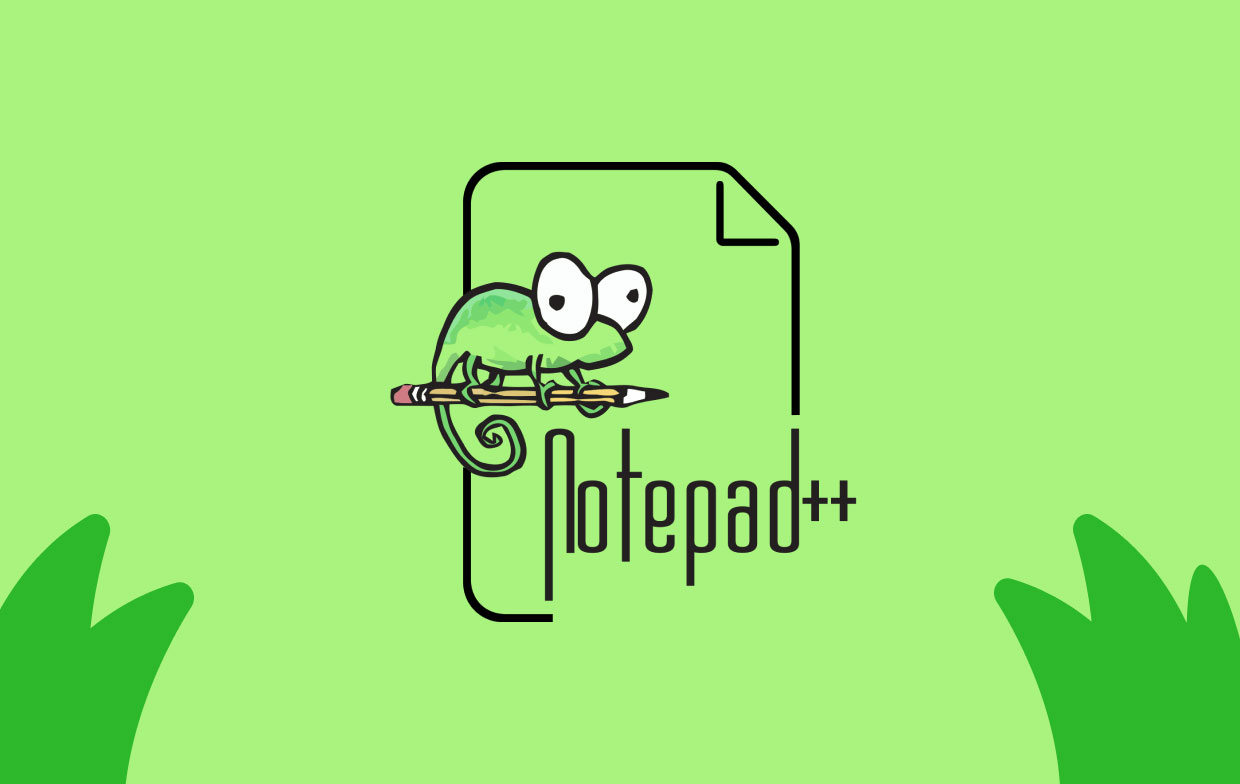
CVE-2025-49144: Notepad++ v8.8.1 Binary Planting Vulnerability Explained
Publication date: 2025-06-24
On June 24, 2025, security researchers disclosed CVE-2025-49144, a critical privilege escalation flaw in the Notepad++ v8.8.1 installer that allows unprivileged users to gain SYSTEM-level control via a binary planting attack. This vulnerability stems from the installer’s practice of loading executable dependencies from the current working directory without verifying their origin, creating a straightforward path for malicious code injection.
Technical Details
- Affected Software: Notepad++ v8.8.1 installer (released May 5, 2025)
- Patched Version: v8.8.2, which enforces absolute paths and secure library loading per Microsoft guidelines
- Vulnerability Type: Binary planting / uncontrolled EXE/DLL search path
- CVSS v3.1 Base Score: 7.3 (High)
- Attack Vector: Local
- Attack Complexity: Low
- Privileges Required: Low
- User Interaction: Required
- Scope: Unchanged
- Impact: High (Confidentiality, Integrity, Availability)
Exploit Methodology:
- An attacker places a malicious executable (e.g., a rogue
regsvr32.exe) in the same directory as the official installer. - The victim runs the Notepad++ v8.8.1 installer, which inadvertently loads the attacker’s executable with SYSTEM privileges.
- The injected code executes with full system control, enabling data theft, malware installation, or network lateral movement.
Impact
Notepad++ boasts over 1.6 million monthly visits and holds an estimated 1.33 % share in the IDE/text-editor market, translating to hundreds of thousands of potentially vulnerable installations worldwide. Given its popularity among developers and IT teams, successful exploitation could lead to large-scale data breaches, persistent backdoors, and compromised enterprise environments.
Mitigation and Recommendations
- Immediate Update: All users should upgrade to Notepad++ v8.8.2, which addresses the issue by hardcoding absolute paths for critical executables and adopting secure temporary directories.
- Best Practices:
- Run installers from trusted, isolated folders (not your default Downloads directory).
- Verify installer integrity via SHA-256 checksum:
certutil -hashfile npp.8.8.2.Installer.x64.exe SHA256 - Deploy application whitelisting and endpoint protections capable of detecting unauthorized binaries.
- Monitor installation processes for anomalous DLL/EXE loads.
Deep Dive: Annotated CVE Report
For a comprehensive, annotated analysis of CVE-2025-49144—including IOCs, detailed remediation steps, and developer commentary—check out the BaseFortify.eu report:
Annotated CVE Report for CVE-2025-49144
Why BaseFortify.eu?
- Curated Intelligence: Hand-picked vulnerability summaries with actionable insights.
- Annotated Reports: Expert commentary, proof-of-concept details, and remediation guidance in one place.
- Timely Updates: Rapid publication of new CVEs, ensuring you never miss critical patches.
- Community Collaboration: Share findings, discuss mitigations, and learn from peers across the security spectrum.
By leveraging BaseFortify.eu, organizations can streamline their vulnerability management process, prioritize high-risk issues, and stay ahead of emerging threats. You can register with BaseFortify.eu for free at https://basefortify.eu/register - this lets you add an unlimited number of devices and applications to your watchlist. If there is ever any security vulnerablity in Notepadd++ or any other app you will recieve a timely notification.
